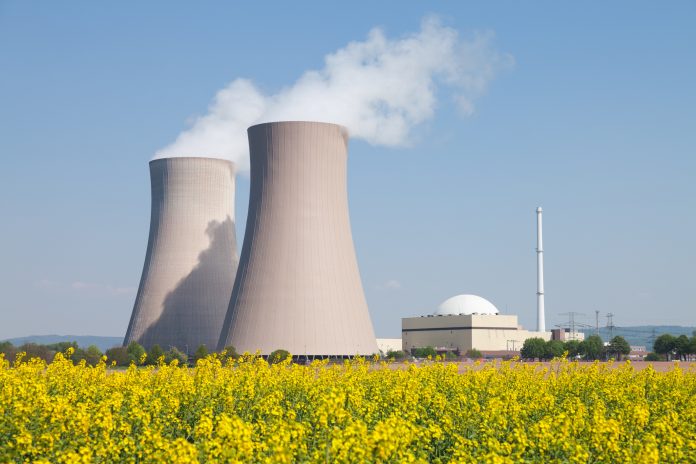The U.S. Department of Energy (DOE) has revealed a new milestone in its efforts to revitalise domestic nuclear fuel capabilities
Standard Nuclear, a Tennessee-based company, has been conditionally selected as the first participant in the DOE’s newly launched fuel line pilot program. The initiative aims to establish a secure and reliable supply chain for advanced nuclear fuel, aligning with the Trump administration’s national security and energy independence goals.
The fuel line pilot program, announced in July 2025, is part of a wider framework designed to support the development and deployment of next-generation nuclear reactor technologies.
It complements a parallel advanced reactor pilot initiative that hopes to bring at least three new reactor designs to criticality by July 4, 2026. These efforts are in direct response to executive orders issued to reform and accelerate nuclear energy innovation and testing within the DOE.
Reinforcing domestic fuel capabilities
As the demand for advanced nuclear technologies grows, so does the need for domestically produced nuclear fuel. The selection of Standard Nuclear marks a crucial step in eliminating U.S. dependence on foreign sources of enriched uranium and other critical materials. The company will work in coordination with the DOE to establish fuel production infrastructure in both Oak Ridge, Tennessee, and Idaho.
Standard Nuclear will be responsible for all phases of the pilot project, including construction, operation, and eventual decommissioning of the fuel production facility. The company’s role will focus on fabricating specialised fuel, specifically TRISO (Tristructural Isotropic) fuel, designed to support advanced reactor designs currently under development.
Supporting advanced reactor deployment
TRISO fuel is widely viewed as one of the strongest and proliferation-resistant nuclear fuels currently available. Its adoption is key to the advanced reactor technologies being pursued under the DOE’s pilot reactor initiative. By integrating the fuel line and reactor pilot programs, the DOE aims to ensure that the infrastructure needed to test and deploy next-generation reactors is fully supported by a domestic supply of advanced nuclear fuel.
Reactor developers participating in the DOE’s programs will be responsible for sourcing the nuclear material feedstock used in the fuel fabrication process. This feedstock may be obtained through DOE’s high-assay low-enriched uranium (HALEU) allocation program, which is designed to make enriched uranium available for research, development, and early deployment of advanced reactors.
National security and private sector collaboration
The launch of the fuel line pilot program and the selection of Standard Nuclear signal a new phase in the federal government’s commitment to reinforcing energy security through nuclear innovation. The initiative not only reduces the nation’s reliance on foreign fuel sources but also encourages private sector investment in the U.S. atomic energy landscape.
The DOE’s collaboration with private industry is an essential component of its strategy, combining regulatory support, technical expertise, and infrastructure access with the agility and innovation of commercial partners.
This public-private alignment is expected to accelerate the commercialisation of advanced nuclear technologies while enhancing national security through a diversified and resilient fuel supply chain.
With a clear timeline in place and the first pilot project underway, the DOE is positioning the United States to regain its leadership in nuclear energy and set the foundation for a new era of clean, reliable, and secure energy production.











